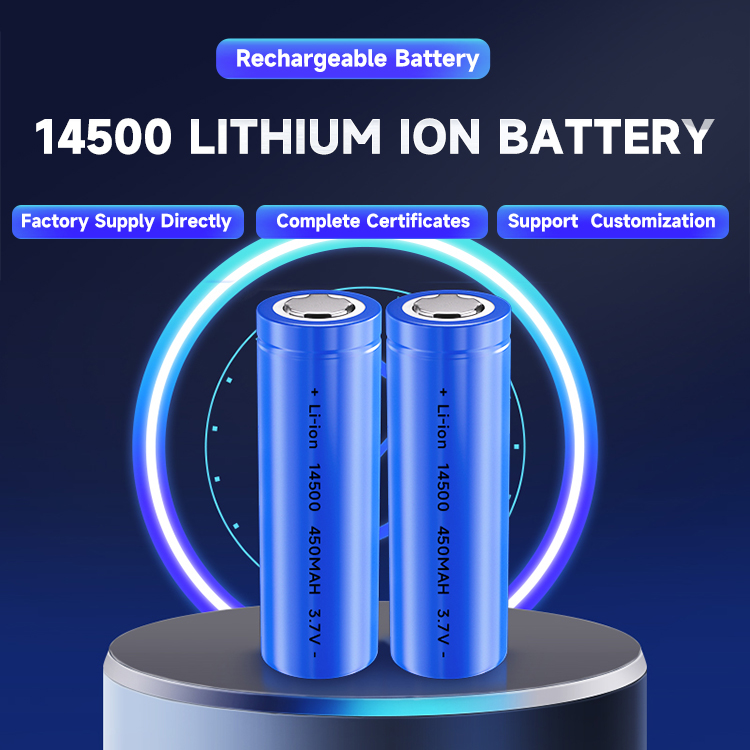Time:2024.12.23Browse:0

The Equipment Industry Department of the Ministry of Industry and Information Technology organized the National Automobile Standardization Committee to compile the key points of new energy vehicle standardization work in 2019. The work points clarified five key research areas, including electric vehicle safety, electric vehicle energy consumption, fuel cell electric vehicles, charging facilities and hydrogenation systems, and power battery recycling.
The work points point out that the new energy vehicle standard system must be continuously optimized. Establish a system framework that coordinates mandatory and recommended national standards for new energy vehicles, accelerate the construction of standard subsystems such as fuel cell electric vehicles and power battery recycling, and formulate the "New Energy Vehicle Industry Development Plan (2021-2035)" Taking this opportunity, we will conduct in-depth research on the integration development trends of new energy vehicles and energy, transportation, communications, etc., and continuously optimize and improve the new energy vehicle standard system.
At the same time, the work points also pointed out that the electric vehicle standardization roadmap should be updated in a timely manner. According to the current status of industrial development and actual needs, and combined with the progress of standard projects under development, the "China Electric Vehicle Standardization Work Roadmap" will be revised in a timely manner to maintain timeliness, scientificity and accuracy, and continue to play the roadmap's basic supporting role in the standard system.
The work points pointed out that key areas should be studied to meet the needs of industrial development. The work points clarified five key areas:
In the field of electric vehicle safety: Complete the solicitation of opinions on standards for electric vehicle post-collision safety, charging connection safety, and power battery management system functional safety; complete the technical review of fuel cell electric vehicle safety standards. Carry out the publicity and implementation of three mandatory national standards: "Safety Requirements for Electric Vehicles", "Safety Requirements for Power Batteries for Electric Vehicles" and "Safety Requirements for Electric Buses".
In the field of electric vehicle energy consumption: Combined with the research results of China's working conditions and the fifth stage fuel consumption standards of passenger cars, complete the energy consumption and driving range of electric vehicles, hybrid electric vehicle energy consumption test methods and plug-in hybrid Solicit opinions on standards such as technical conditions for passenger cars, and carry out pre-research work on test method standards for energy consumption of extended-range electric vehicles.
In the field of fuel cell electric vehicles: Complete the technical review of fuel cell electric vehicle finalization test procedures and standards, strengthen the test verification of standards such as low-temperature starting performance, energy consumption and driving range test methods, and speed up on-board hydrogen systems, hydrogenation ports, and hydrogenation We will formulate and revise standards such as guns and hydrogenation communication protocols, and carry out pre-research work on post-collision safety standards for fuel cell electric vehicles.
In the field of charging facilities and hydrogenation systems: Complete the technical review of standards such as conductive on-board chargers and charging coupling system electromagnetic compatibility, and initiate the formulation of standards such as wireless charging systems and interoperability, and vehicle conductive discharge requirements. Based on the research on high-power conductive charging technology, we will promote the formulation and revision of standards such as general requirements for charging connection devices and contact charging systems for electric buses.
In the field of power battery recycling: complete the application for approval of power battery material recycling requirements, packaging and transportation specifications, disassembly requirements, echelon utilization requirements and other standards, complete the technical review of the technical specifications for the disassembly of used automotive waste power single cells, and accelerate the advancement of discharge specifications The formulation of standards such as product labeling and echelon reuse, and the pre-research and project establishment of standards such as recycling and dismantling guidance manuals and echelon reusable design guidelines.
In addition, the work points emphasize the need to strengthen international participation and enhance international influence:
The first is to deeply participate in the formulation of global technical regulations. Fulfill the duties of vice chairman of the working groups on electric vehicle safety (EVS), electric vehicles and environment (EVE) and fuel cell electric vehicles (HFCV) under the framework of the United Nations World Vehicle Coordination Forum (WP29), and continue to be deeply involved in the third session of electric vehicle safety Research and verification of global technical regulations such as Phase II and hybrid vehicle power test methods, and organize and host the sixth fuel cell electric vehicle working group meeting.
The second is to actively participate in international standardization work. Systematically participate in the formulation and coordination of international standards for electric vehicles under the framework of the International Organization for Standardization (ISO) and the International Electrotechnical Commission (IEC), actively organize and convene expert meetings for international standard registration, organize the development of international standard proposals, and continuously increase my country's efforts in electric vehicles. Participation in relevant international standards such as conductive charging, wireless chargers and electric motorcycles.
The third is to continue to strengthen international exchanges and cooperation. Utilize established bilateral cooperation mechanisms such as China-Europe, China-Germany, China-France, China-Japan, etc., as well as multilateral exchange platforms such as APEC and the “Belt and Road Initiative” to continue to strengthen research and development in key areas such as electric vehicle safety, energy consumption, key components and charging infrastructure. Exchange and cooperation, jointly carry out relevant technical research and testing verification work, and support the coordinated advancement of domestic standards and international standards and regulations. (China-Singapore Jingwei APP)
Read recommendations:
Lithium Battery GN12-400
How long is the three -yuan lithium battery life
Lithium battery protection and management system
18650 lithium battery 3000mah
li ion 18650 battery pack Factory